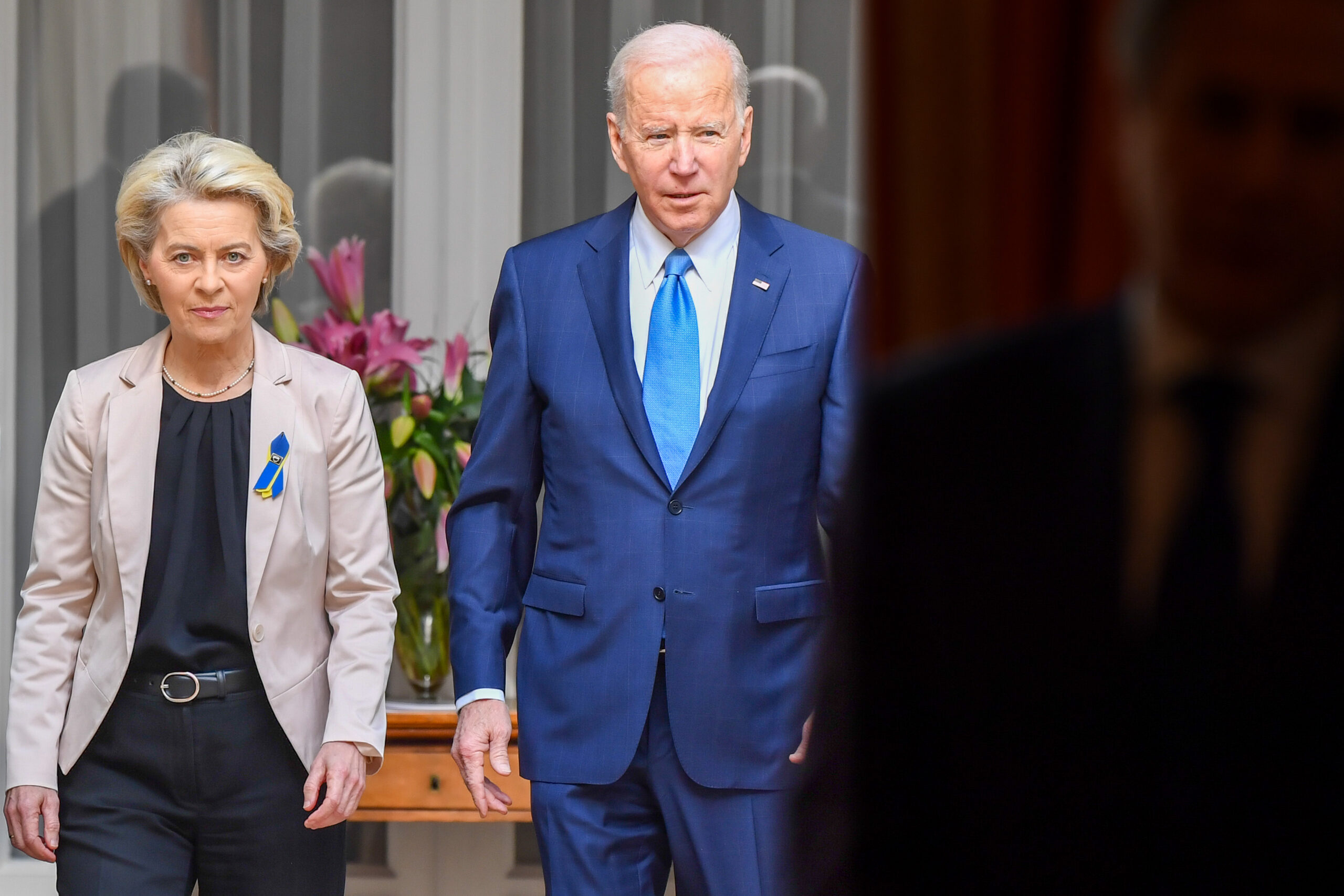Will Biden settle the EU on critical minerals?

The US and the EU have started negotiations on critical minerals for batteries. The Commission would like more access to IRA credits for European companies; Biden is open, but to change the law he will have to go through a divided Congress. All the details
The European Union and the United States have started negotiations on critical minerals for electric vehicle batteries: lithium, nickel, graphite and cobalt, for example. The announcement was made last Friday by European Commission President Ursula von der Leyen and US President Joe Biden during their meeting at the White House.
ANGRY AND TENSION
Von der Leyen's trip came at a time of tension between Washington and Brussels: Europeans fear that the Inflation Reduction Act , the 369 billion dollar law providing aid to American manufacturing of clean technologies (batteries, solar panels, wind turbines , electric vehicles, electrolysers…) approved last August, could cause an exodus of strategic companies from Europe to the United States.
– Read also: Green industry, what the new EU rules on subsidies provide. Fresh water compared to Biden's Wrath
Given the alliance relations, the European Union would like the United States to reserve for European companies the same commercial treatment guaranteed to Canadian and Mexican ones: the Inflation Reduction Act, in fact, does not aim only at reshoring , i.e. the return of critical manufacturing at home, but also nearshoring , i.e. the installation of capacity in the rest of North America to reduce dependence on distant Asia. And in particular from China, which dominates the supply chains of energy transition devices.
WHAT BIDEN WILL (NOT) DO
The Biden administration is trying to reassure the Commission, but it is unlikely that it will be able to make major changes to the law, which was approved after long and complicated negotiations with the Republican opposition: the party currently has control of the Chamber; in the Senate, on the other hand, the situation is slightly advantageous for the democratic bloc.
A LIMITED DEAL ON CRITICAL MINERALS?
However, the joint statement states that Washington and Brussels will "immediately begin negotiations for a targeted agreement on critical minerals". The possible pact, therefore, would concern a limited sector, and should allow minerals extracted or processed in the European Union to be counted in the bonuses for the purchase of electric vehicles provided for by the Inflation Reduction Act (they reach 7,500 dollars).
In the document, the two sides state that "such an agreement would further our common goals of increasing our mineral production and processing, and expanding access to supplies of critical minerals that are sustainable, reliable and free from labor abuses." ”.
The Inflation Reduction Act provides tax credits for automakers that purchase components (such as batteries) and various materials from countries with which the United States has free trade agreements: this is the case for Canada and Mexico but not, for example, the European Union and Japan.
BIDEN'S VERSION
"Cooperation" between the United States and the European Union, the statement continues, "is also necessary to reduce unwanted strategic dependencies in these supply chains, and to ensure that they are diversified and developed with trusted partners".
The line of the Biden administration is that the development of US clean energy supply chains will benefit not only America but also its allies in North America, Europe and Asia, which will thus be able to reduce dependence on China for the benefit of their economic security.
THE CONCESSION TO MACRON
Last November, during French President Emmanuel Macron's visit to the United States, Biden admitted that “there are changes we can make to make it easier for European countries to participate. I never intended to exclude the people who work with us."
In concrete terms, however, up to now there have been no concrete changes.
FRIENDS OR ENEMIES?
The Inflation Reduction Act has both an economic and a geopolitical objective: the first concerns the "green" re-industrialization of America; the second is the liberation from China for clean technologies. But the law has created friction with the European allies, who do not want to lose control over the new industries created by the ecological transition. And so, writes POLITICO , Washington and Brussels "are still trying to understand where they are competing and where they can team up".
The von der Leyen Commission is expected to table a proposed law on European clean tech manufacturing on Tuesday, setting a minimum domestic production quota of solar panels, wind turbines, hydrogen electrolysers and heat pumps of 40 percent by 2030 The law is called the Net Zero Industry Act – it was anticipated in February, albeit in a more generic form, with the Green Deal Industrial Plan – and is designed to respond to the Inflation Reduction Act, which however has already been in force for several months.
THE STOP TO THE NEGOTIATIONS ON GREEN STEEL
On Friday von der Leyen and Biden wanted to send a message of Atlantic unity. But there is distance. The discontent created by the US anti-inflation law, for example, has put on hold negotiations for an agreement on tariffs on the polluting (ie high-carbon) production of aluminum and steel , designed to counter China.
This is a machine translation from Italian language of a post published on Start Magazine at the URL https://www.startmag.it/energia/minerali-critici-unione-europea-stati-uniti/ on Mon, 13 Mar 2023 12:02:09 +0000.
